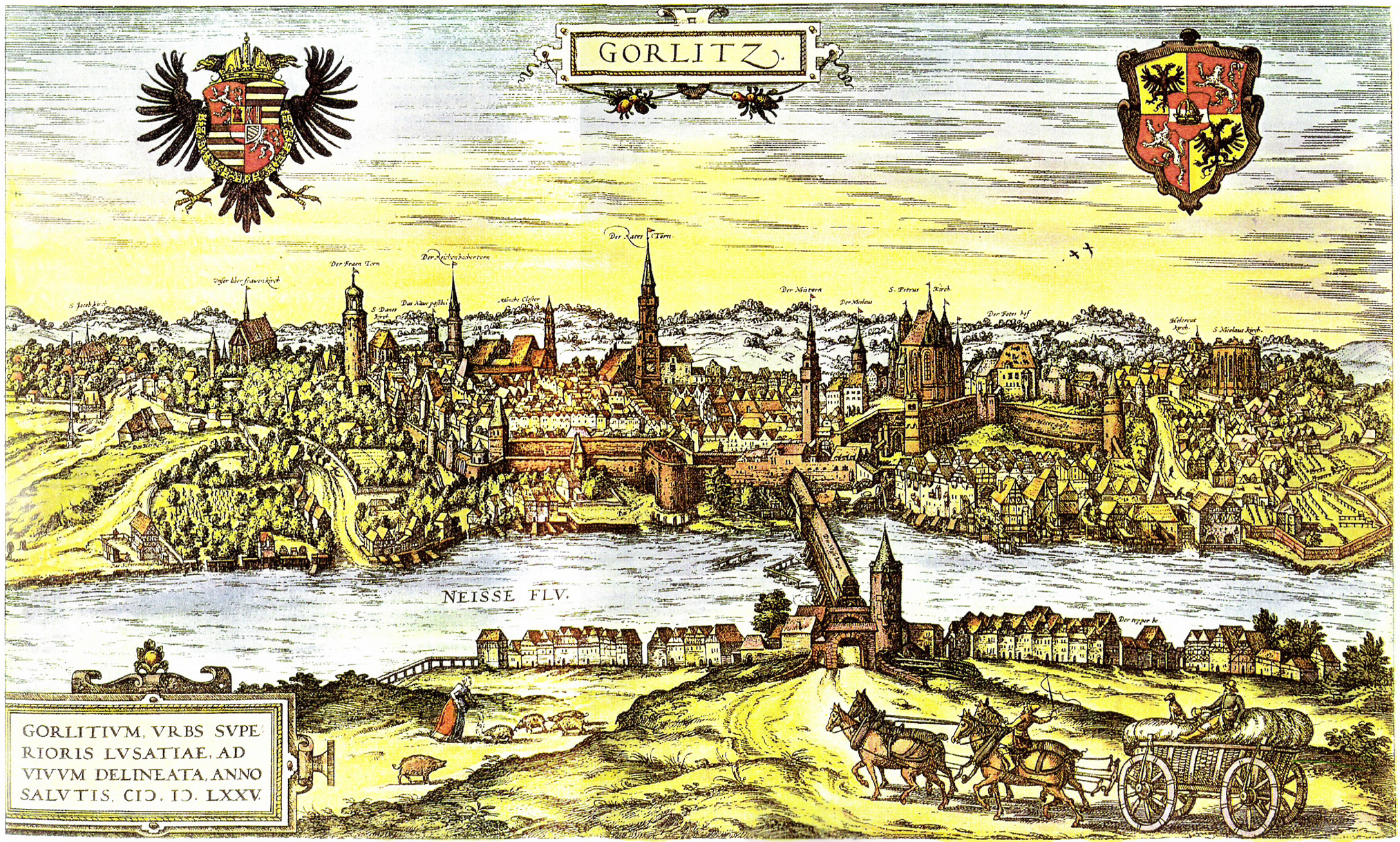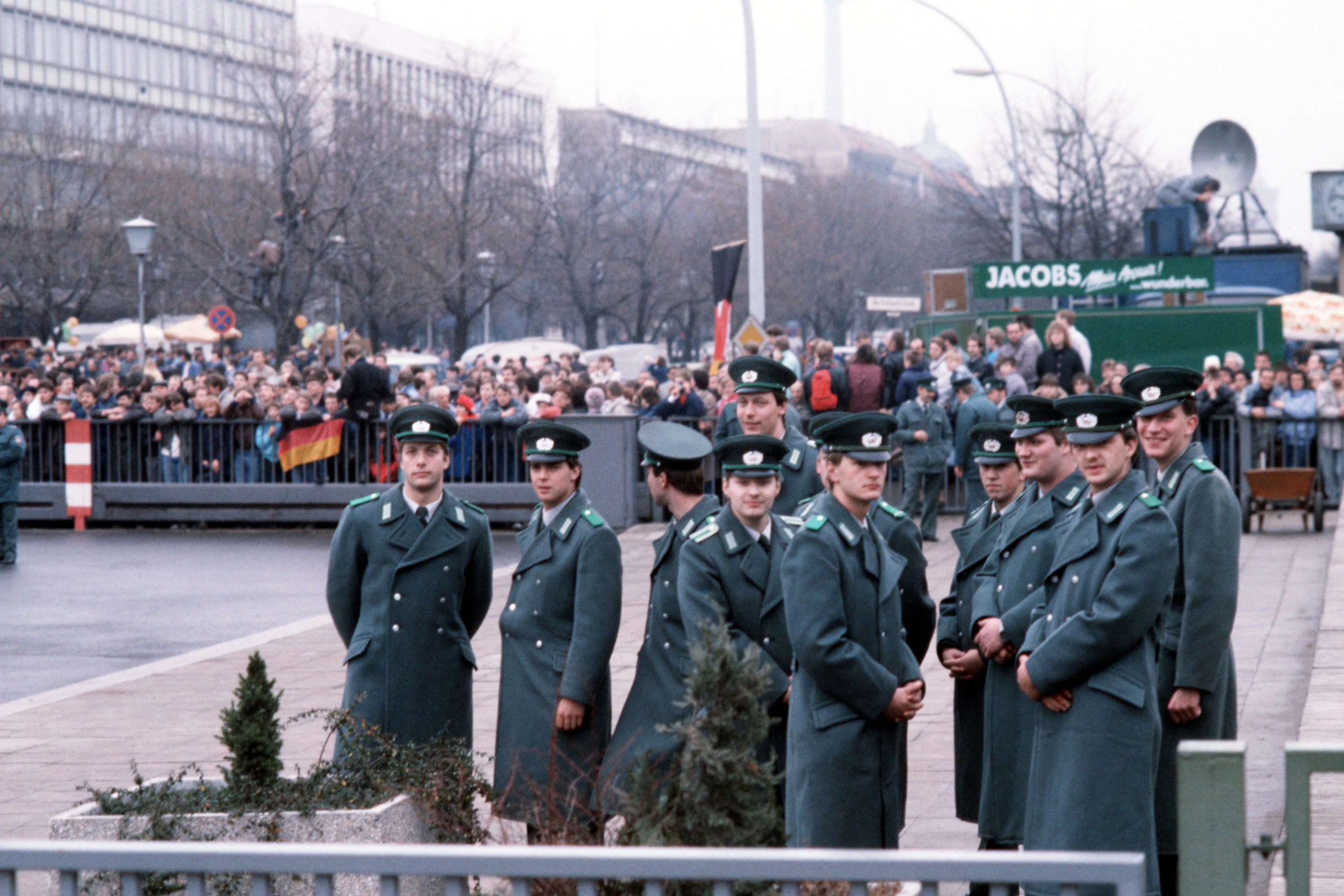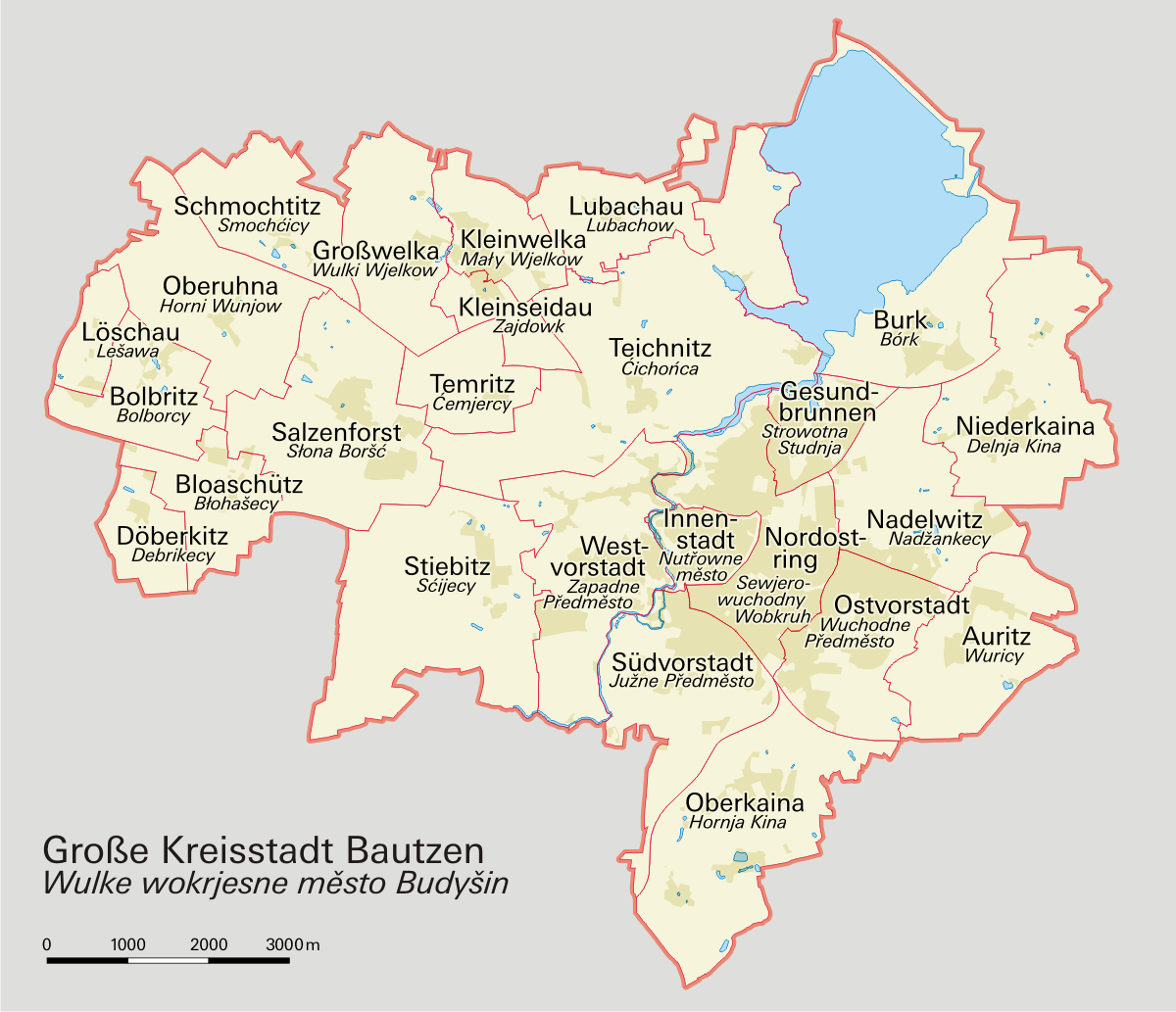|
Herbert Scheibe
Herbert Scheibe (born Hohenmölsen 28 November 1914: died Berlin 7 February 1991) was an East German Generaloberst and, between 1967 and 1972, Commanding general of the country's Airforce. Life Early years Scheibe was born in a sleepy market town in Saxony-Anhalt, some 45 km (28 miles) south-west of Leipzig. His father was a labourer and his mother was a cook. Scheibe was bought up by his grandparents, both of whom were early members of the German Communist Party (KPD). He received a basic education at the small local school and then undertook an apprenticeship as a typesetter in Gohlis (Leipzig). Political activism and detention during the Nazi years Between 1930 and 1933 Scheibe was a member of the Young Communists (KJVD / ''Kommunistischer Jugendverband Deutschlands''). In January 1933 the National Socialists seized power and membership of political parties (other than of the Nazi Party) almost immediately became illegal. During the ensuing twelve years most of S ... [...More Info...] [...Related Items...] OR: [Wikipedia] [Google] [Baidu] |
Heinz Keßler
Heinz Keßler (26 January 1920 – 2 May 2017) was a German communist politician and military officer in East Germany. His career in the military started when he was conscripted into the Wehrmacht, the armed forces of Nazi Germany, in WWII. Due to his communist convictions, he deserted the Wehrmacht and fought for the Soviet Union on the Eastern Front. Upon his return to East Germany, he was given the rank of '' Armeegeneral'' in the National People's Army (''Nationale Volksarmee''). Later, he was Minister of Defense of the GDR, a member of the '' Politbüro'' of the Central Committee of the Socialist Unity Party of Germany (SED), and a deputy of the GDR's ''Volkskammer'' (parliament). Convicted for his role in the deaths of defectors along the Berlin wall, he was sentenced to seven and a half years in prison after German reunification, and served his sentence in Hakenfelde Prison. He was released from prison in 1998 after serving only two years. Biography Early life Kes ... [...More Info...] [...Related Items...] OR: [Wikipedia] [Google] [Baidu] |
Gohlis
Gohlis is an area in the north of the city of Leipzig, Germany. Once a village outside the city, it is known as the place where Friedrich Schiller wrote the first version of his ''Ode to Joy'' in 1785. It urbanised during the '' Gründerzeit'' period of the 19th century and was incorporated into the city of Leipzig in 1890. Dominated by residential buildings from the late-19th and first half of the 20th century, Gohlis has a population of more than 45,000 inhabitants (2020). Geography The original settlement was located on the north-eastern edge of the floodplain of White Elster and Luppe, north of the confluence of ''Nördliche Rietzschke'' and Parthe, and south of the old ''Schkeuditzer Landstraße'' (road from Leipzig to Schkeuditz; today's ''Georg-Schumann-Straße''). The original linear village stretched about 600 metres along the bent village road. Today's urban area is much more extensive, stretching north-south and west-east, covering an area of . It borders on the c ... [...More Info...] [...Related Items...] OR: [Wikipedia] [Google] [Baidu] |
Görlitz
Görlitz (; pl, Zgorzelec, hsb, Zhorjelc, cz, Zhořelec, East Lusatian dialect: ''Gerlz'', ''Gerltz'', ''Gerltsch'') is a town in the German state of Saxony. It is located on the Lusatian Neisse River, and is the largest town in Upper Lusatia as well as the second-largest town in the region of Lusatia, after Cottbus. Görlitz is the easternmost town in Germany (easternmost village is Zentendorf (Šćeńc)), and lies opposite the Polish town of Zgorzelec, which was the eastern part of Görlitz until 1945. The town has approximately 56,000 inhabitants, which make Görlitz the sixth-largest town in Saxony. It is the seat of the district of Görlitz. Together with Zgorzelec, it forms the Euro City of Görlitz/Zgorzelec, which has a combined population of around 86,000. While not Lusatiophone itself, the town is situated just east of the Sorbian-speaking parts of Lusatia. The town's recorded history began in the 11th century as a Sorbian settlement. Through its histor ... [...More Info...] [...Related Items...] OR: [Wikipedia] [Google] [Baidu] |
German Democratic Republic
German(s) may refer to: * Germany (of or related to) ** Germania (historical use) * Germans, citizens of Germany, people of German ancestry, or native speakers of the German language ** For citizens of Germany, see also German nationality law **Germanic peoples (Roman times) * German language **any of the Germanic languages * German cuisine, traditional foods of Germany People * German (given name) * German (surname) * Germán, a Spanish name Places * German (parish), Isle of Man * German, Albania, or Gërmej * German, Bulgaria * German, Iran * German, North Macedonia * German, New York, U.S. * Agios Germanos, Greece Other uses * German (mythology) German (GER-man, ) is a South Slavic mythological being, recorded in the folklore of eastern Serbia and northern Bulgaria. He is a male spirit associated with bringing rain and hail. His influence on these precipitations can be positive, resulting ..., a South Slavic mythological being * Germans (band), a Canadian ro ... [...More Info...] [...Related Items...] OR: [Wikipedia] [Google] [Baidu] |
Soviet Occupation Zone
The Soviet Occupation Zone ( or german: Ostzone, label=none, "East Zone"; , ''Sovetskaya okkupatsionnaya zona Germanii'', "Soviet Occupation Zone of Germany") was an area of Germany in Central Europe that was occupied by the Soviet Union as a communist area, established as a result of the Potsdam Agreement on 1 August 1945. On 7 October 1949 the German Democratic Republic (GDR), commonly referred to in English as East Germany, was established in the Soviet Occupation Zone. The SBZ was one of the four Allied occupation zones of Germany created at the end of World War II with the Allied victory. According to the Potsdam Agreement, the Soviet Military Administration in Germany (German initials: SMAD) was assigned responsibility for the middle portion of Germany. Eastern Germany beyond the Oder-Neisse line, equal in territory to the SBZ, was to be annexed by Poland and its population expelled, pending a final peace conference with Germany. By the time forces of the United ... [...More Info...] [...Related Items...] OR: [Wikipedia] [Google] [Baidu] |
Volkspolizei
The ''Deutsche Volkspolizei'' (DVP, German for "German People's Police"), commonly known as the ''Volkspolizei'' or VoPo, was the national police force of the German Democratic Republic (East Germany) from 1945 to 1990. The Volkspolizei was a highly-centralized agency responsible for most civilian law enforcement in East Germany, maintaining 257,500 personnel at its peak. History The ''Volkspolizei'' was effectively founded in June 1945 when the Soviet Military Administration in Germany (SVAG) established central police forces in the regions of Nazi Germany it occupied following after World War II.Thomas Lindenberger, ‘The German People's Police (1945 - 1990)’, in Hans Ehlert and Rüdiger Wenzke (ed.) ‘In the service of the party - Handbook of Armed Organs of the GDR’ (Berlin, 1998) pp. 98-100 The SVAG approved the arming of community-level police forces on 31 October 1945, but nevertheless remained a non-militarised force, and by 1946 the ''Volkspolizei'' comprised ... [...More Info...] [...Related Items...] OR: [Wikipedia] [Google] [Baidu] |
Nazi Germany
Nazi Germany (lit. "National Socialist State"), ' (lit. "Nazi State") for short; also ' (lit. "National Socialist Germany") (officially known as the German Reich from 1933 until 1943, and the Greater German Reich from 1943 to 1945) was the German state between 1933 and 1945, when Adolf Hitler and the Nazi Party controlled the country, transforming it into a dictatorship. Under Hitler's rule, Germany quickly became a totalitarian state where nearly all aspects of life were controlled by the government. The Third Reich, meaning "Third Realm" or "Third Empire", alluded to the Nazi claim that Nazi Germany was the successor to the earlier Holy Roman Empire (800–1806) and German Empire (1871–1918). The Third Reich, which Hitler and the Nazis referred to as the Thousand-Year Reich, ended in May 1945 after just 12 years when the Allies defeated Germany, ending World War II in Europe. On 30 January 1933, Hitler was appointed chancellor of Germany, the head of gove ... [...More Info...] [...Related Items...] OR: [Wikipedia] [Google] [Baidu] |
Eastern Front (World War II)
The Eastern Front of World War II was a theatre of conflict between the European Axis powers against the Soviet Union (USSR), Poland and other Allies, which encompassed Central Europe, Eastern Europe, Northeast Europe ( Baltics), and Southeast Europe (Balkans) from 22 June 1941 to 9 May 1945. It was known as the Great Patriotic War in the Soviet Union – and still is in some of its successor states, while almost everywhere else it has been called the ''Eastern Front''. In present-day German and Ukrainian historiography the name German-Soviet War is typically used. The battles on the Eastern Front of the Second World War constituted the largest military confrontation in history. They were characterised by unprecedented ferocity and brutality, wholesale destruction, mass deportations, and immense loss of life due to combat, starvation, exposure, disease, and massacres. Of the estimated 70–85 million deaths attributed to World War II, around 30 million occurred on ... [...More Info...] [...Related Items...] OR: [Wikipedia] [Google] [Baidu] |
Zwickau
Zwickau (; is, with around 87,500 inhabitants (2020), the fourth-largest city of Saxony after Leipzig, Dresden and Chemnitz and it is the seat of the Zwickau District. The West Saxon city is situated in the valley of the Zwickau Mulde (German: ''Zwickauer Mulde''; progression: ), and lies in a string of cities sitting in the densely populated foreland of the Elster and Ore Mountains stretching from Plauen in the southwest via Zwickau, Chemnitz and Freiberg to Dresden in the northeast. From 1834 until 1952, Zwickau was the seat of the government of the south-western region of Saxony. The name of the city is of Sorbian origin and may refer to Svarog, the Slavic god of fire and of the sun. Zwickau is the seat of the West Saxon University of Zwickau (German: ''Westsächsische Hochschule Zwickau'') with campuses in Zwickau, Markneukirchen, Reichenbach im Vogtland and Schneeberg (Erzgebirge). The city is the birthplace of composer Robert Schumann. As cradle of Audi's forerunne ... [...More Info...] [...Related Items...] OR: [Wikipedia] [Google] [Baidu] |
Buchenwald Concentration Camp
Buchenwald (; literally 'beech forest') was a Nazi concentration camp established on hill near Weimar, Germany, in July 1937. It was one of the first and the largest of the concentration camps within Germany's 1937 borders. Many actual or suspected communists were among the first internees. Prisoners came from all over Europe and the Soviet Union— Jews, Poles and other Slavs, the mentally ill and physically disabled, political prisoners, Romani people, Freemasons, and prisoners of war. There were also ordinary criminals and sexual "deviants". All prisoners worked primarily as forced labor in local armaments factories. The insufficient food and poor conditions, as well as deliberate executions, led to 56,545 deaths at Buchenwald of the 280,000 prisoners who passed through the camp and its 139 subcamps. The camp gained notoriety when it was liberated by the United States Army in April 1945; Allied commander Dwight D. Eisenhower visited one of its subcamps. From August 194 ... [...More Info...] [...Related Items...] OR: [Wikipedia] [Google] [Baidu] |
House Of Correction
The house of correction was a type of establishment built after the passing of the Elizabethan Poor Law (1601), places where those who were "unwilling to work", including vagrants and beggars, were set to work. The building of houses of correction came after the passing of an amendment to the Elizabethan Poor Law. However the houses of correction were not considered a part of the Elizabethan Poor Law system because the Act distinguished between settled poor and wandering poor. The first London house of correction was Bridewell Prison, and the Middlesex and Westminster houses also opened in the early seventeenth century. Due to the first reformation of manners campaign, the late seventeenth century was marked by the growth in the number of houses of correction, often generically termed ''bridewells'', established and by the passage of numerous statutes prescribing houses of correction as the punishment for specific minor offences. Offenders were typically committed to houses of ... [...More Info...] [...Related Items...] OR: [Wikipedia] [Google] [Baidu] |
Bautzen
Bautzen () or Budyšin () is a hill-top town in eastern Saxony, Germany, and the administrative centre of the district of Bautzen. It is located on the Spree river. In 2018 the town's population was 39,087. Until 1868, its German name was ''Budissin''. In 1945 the Battle of Bautzen was Hitler’s last victory against the Soviet Union during the Battle of Berlin . Bautzen is often regarded as the unofficial, but historical capital of Upper Lusatia. The town is also the most important cultural centre of the Sorbian minority, which constitutes about 10 percent of Bautzen's population. Asteroid '' 11580 Bautzen'' is named in honour of the city. Names Like other cities and places in Lusatia, Bautzen has several different names across languages. Its German name was also officially changed in 1868. As well as ''Bautzen'' (German) and ''Budyšin'' ( Upper Sorbian), the town has had the following names: * German: ''Budissin'' (variants used from c. 11th century onwards; Saxon governm ... [...More Info...] [...Related Items...] OR: [Wikipedia] [Google] [Baidu] |







